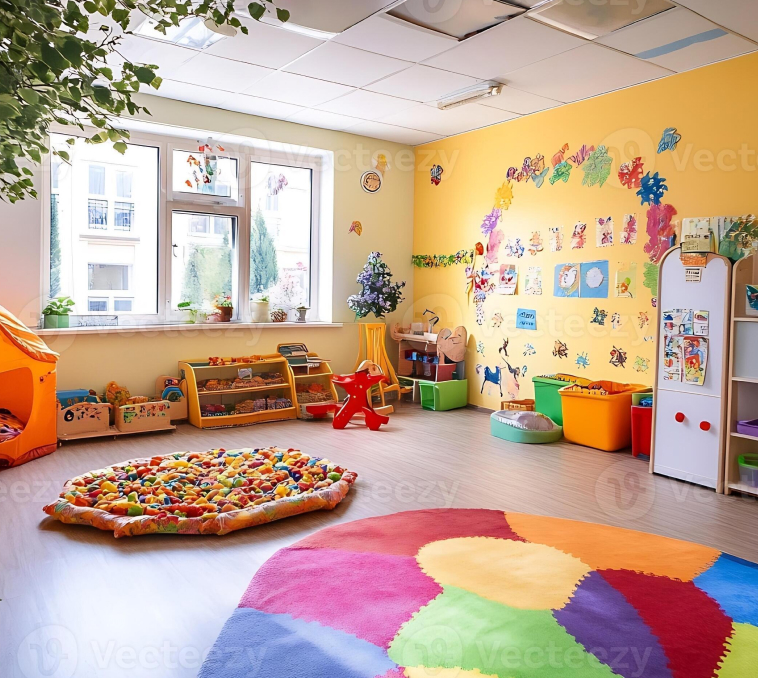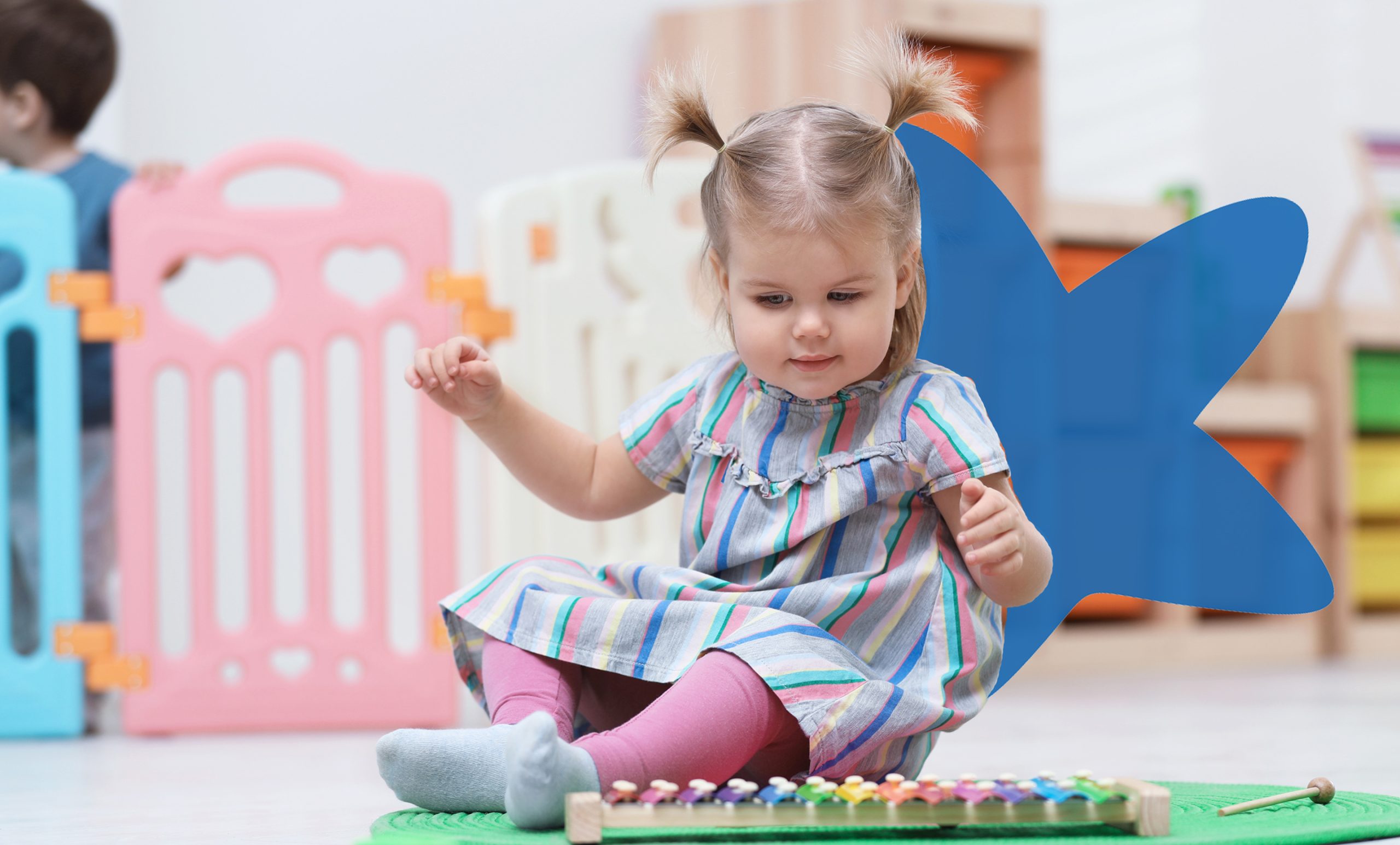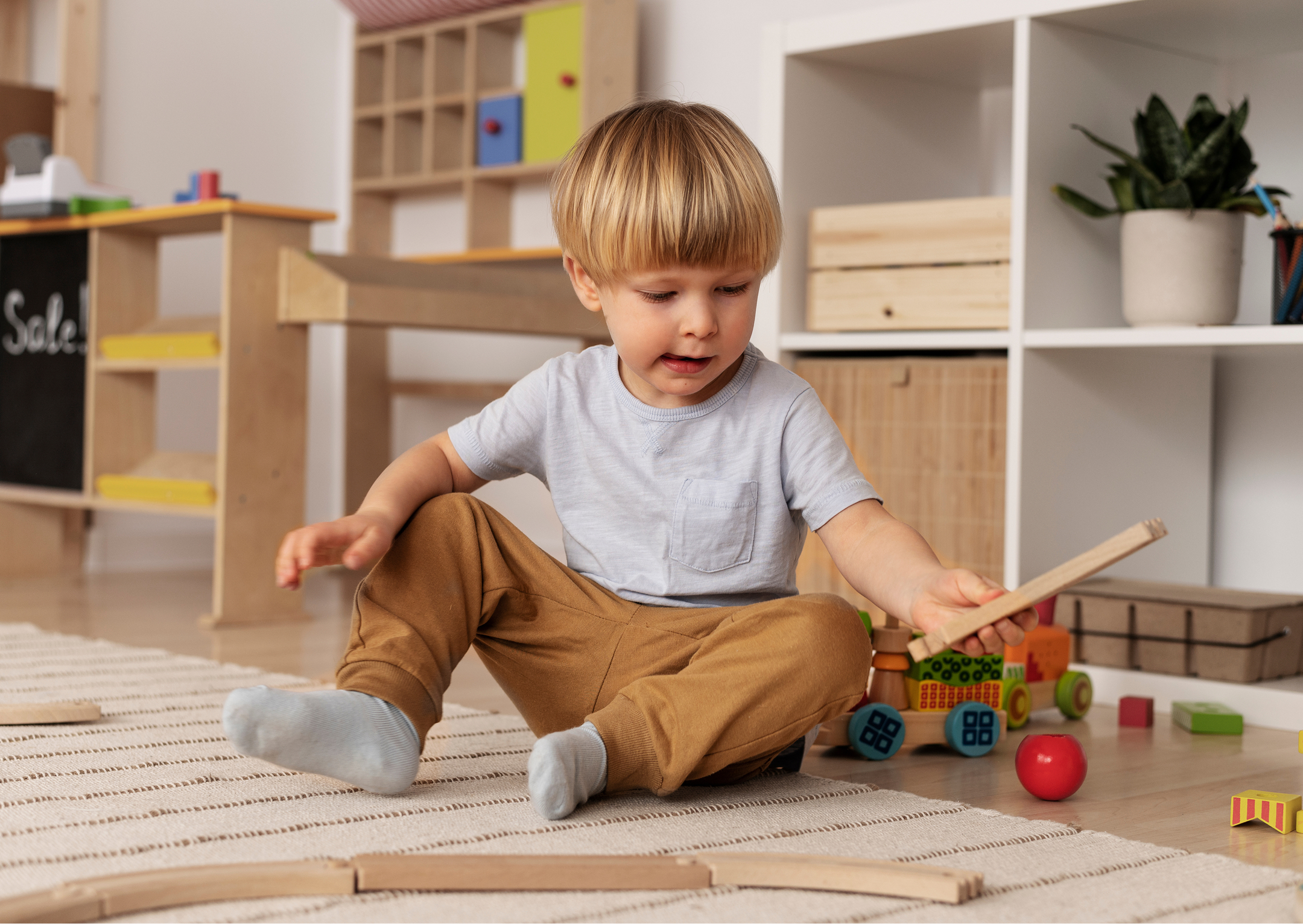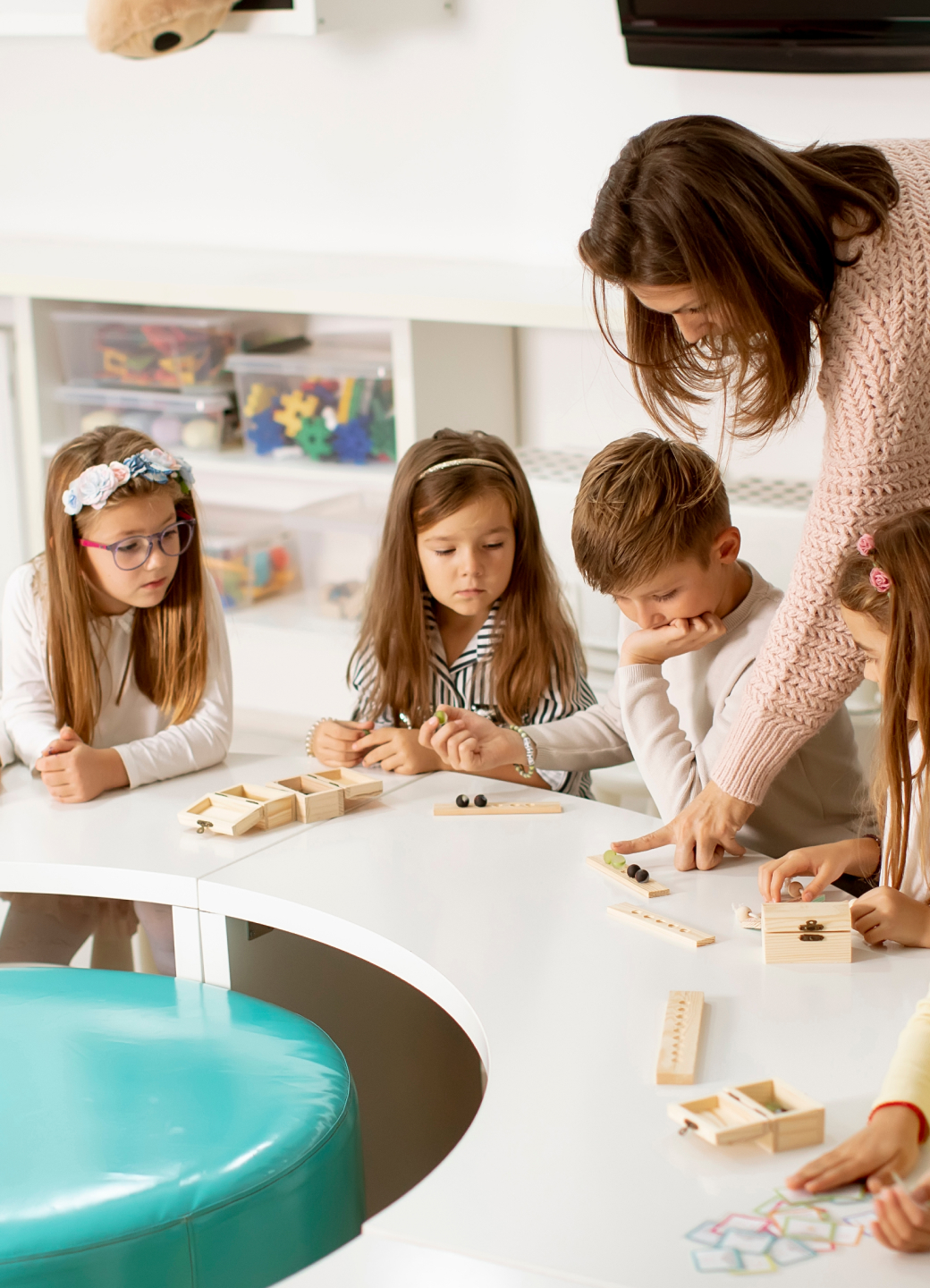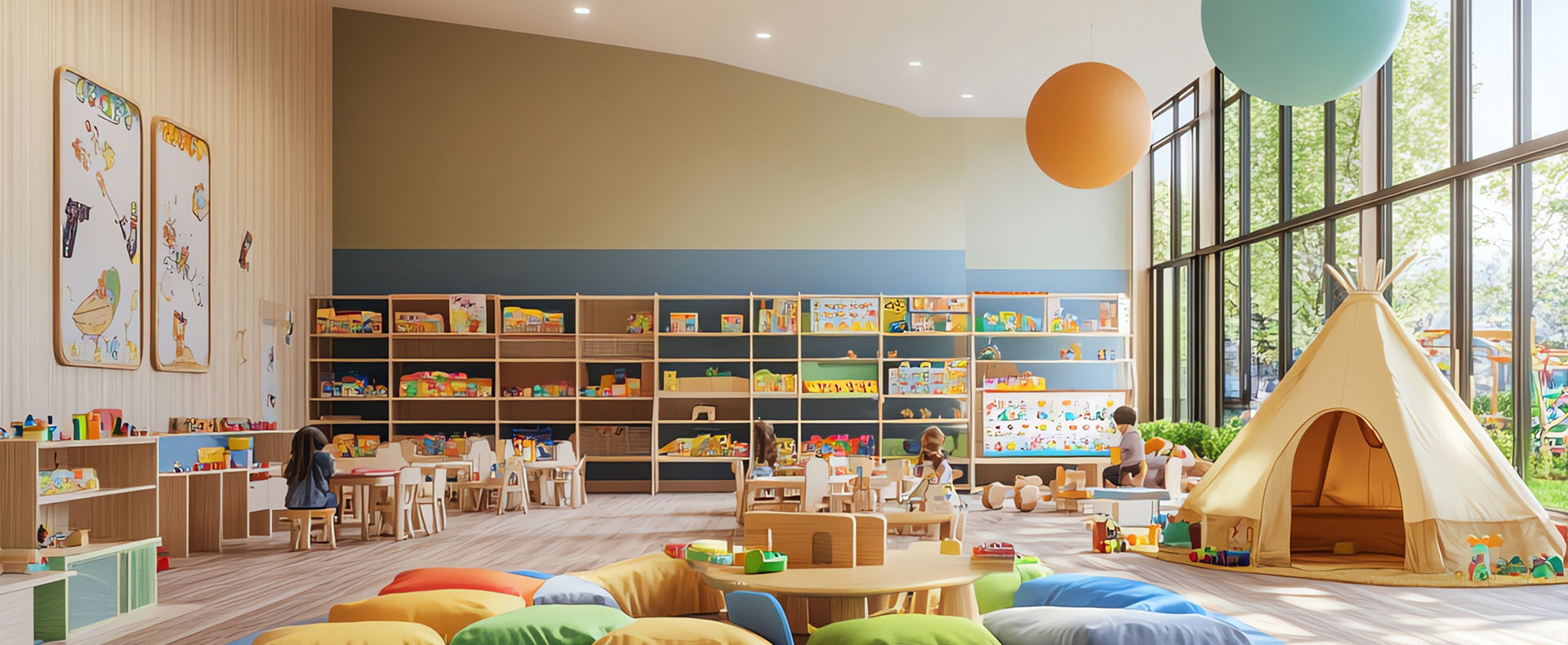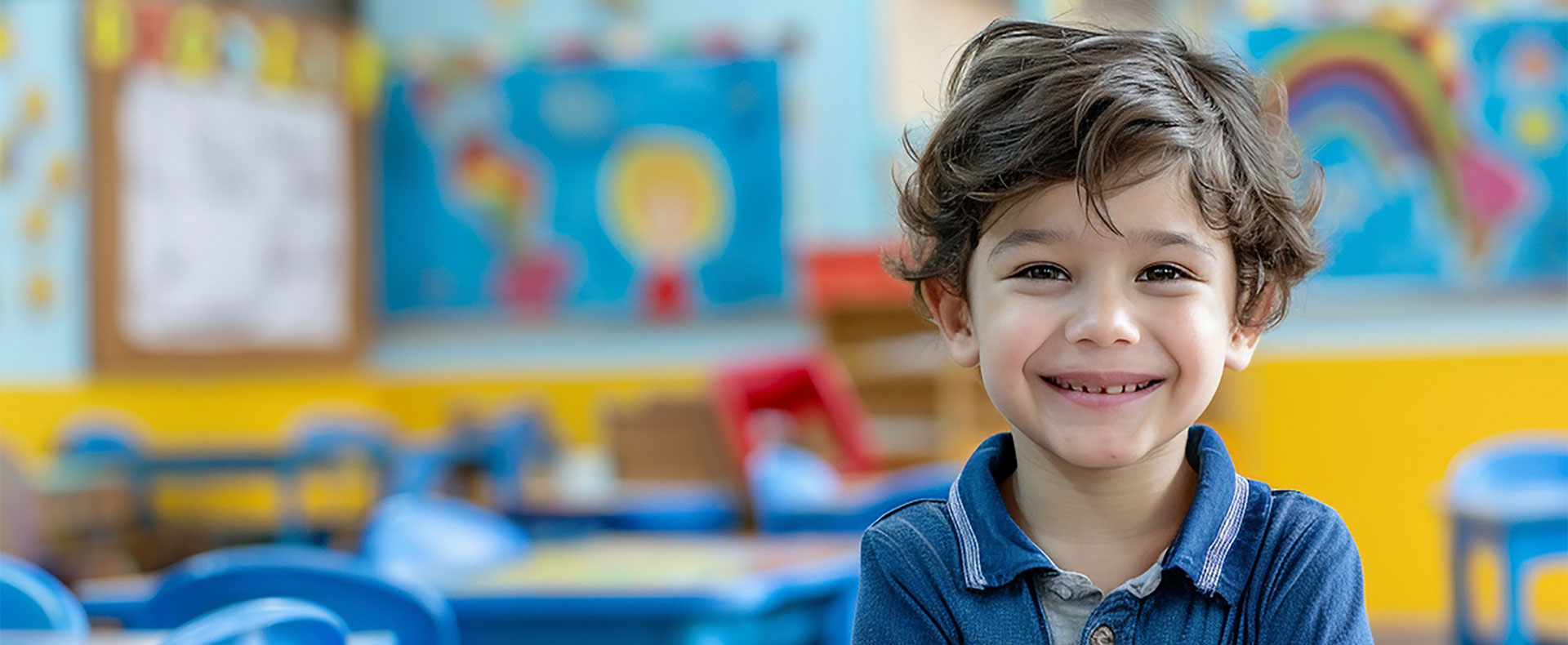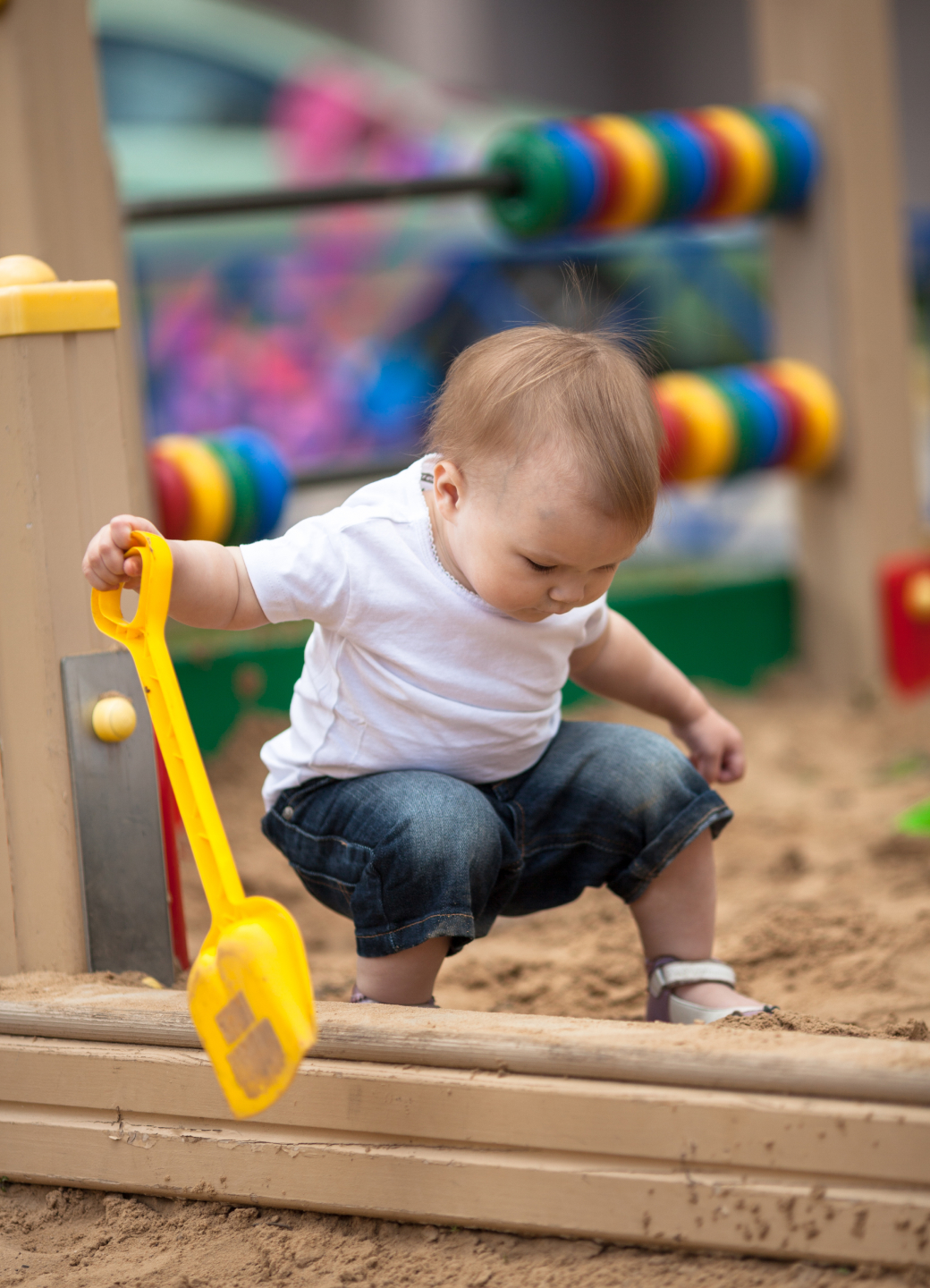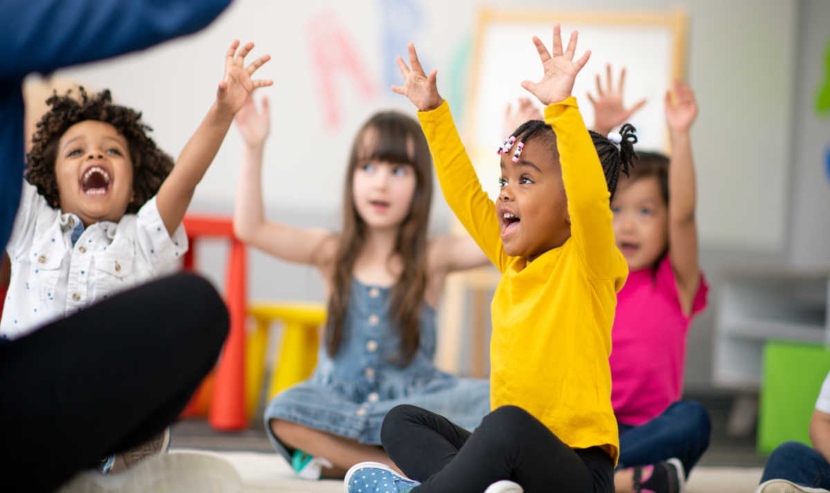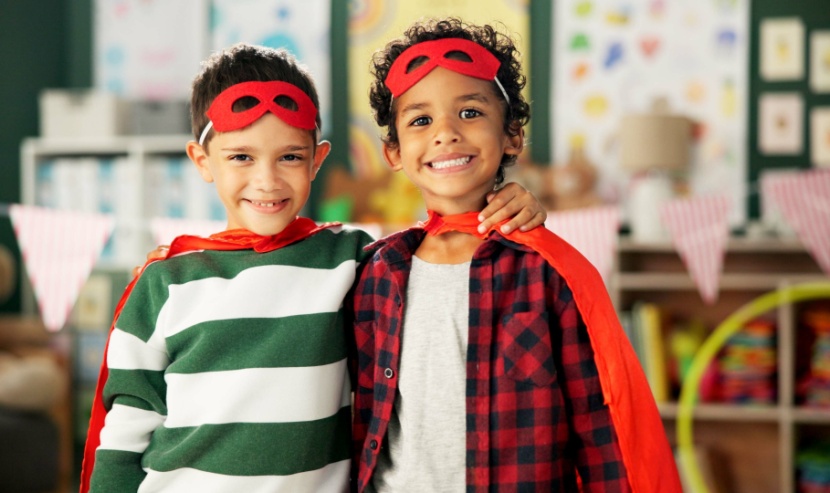
The first friend a child makes often holds a significant place in their heart and mind. This initial relationship is not just about companionship; it is fundamental in shaping the child’s ability to communicate, collaborate and form relationships throughout their life. The psychology behind this early bond offers fascinating insights into childhood development and social behaviours.
Early Social Interactions
The first friend a child encounters is typically through their immediate environment, such as family gatherings, playgroups, or early educational settings. These interactions are crucial as they provide the first platform for learning social skills. Children begin to understand concepts such as sharing, empathy and cooperation, which are foundational for all future relationships.
The Impact on Communication
Communication skills are significantly influenced by a child’s first friend. Through their initial social interactions, children learn to express their thoughts, feelings and needs. Engaging in conversations, even simple ones, can enhance their vocabulary, improve their listening skills and help them grasp the nuances of verbal and non-verbal communication. The ability to effectively communicate is essential in forming and maintaining healthy relationships.
Collaboration and Teamwork
The psychology of the first friend also extends to collaboration and teamwork. Playing together, whether it’s building a sandcastle or engaging in imaginative play, teaches children the importance of working together towards a common goal. These early experiences of teamwork lay the groundwork for future collaborative efforts in academic settings, sports and eventually professional environments.
Formation of Relationships
The first friend relationship serves as a prototype for future friendships. Children learn to navigate the complexities of social interactions, such as resolving conflicts, understanding different perspectives and building trust. These early experiences are instrumental in shaping their social competence and confidence, which are critical in establishing and maintaining relationships throughout life.
Long-Term Psychological Benefits
The long-term psychological benefits of having a first friend are profound. Studies have shown that children who develop strong early friendships tend to have higher self-esteem, better emotional regulation and greater social skills. These attributes contribute to their overall well-being and success in various aspects of life, including personal and professional domains.
Conclusion
The psychology of the first friend is an essential aspect of childhood development that has lasting implications. These early social connections help children develop crucial skills in communication, collaboration and relationship formation. Understanding the importance of these initial friendships can guide parents, educators and caregivers in supporting children’s social development, ensuring they build a strong foundation for their future interactions.




